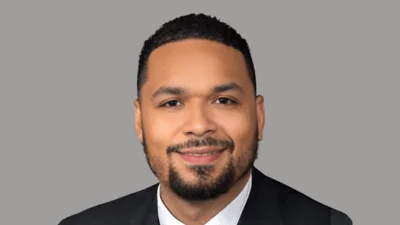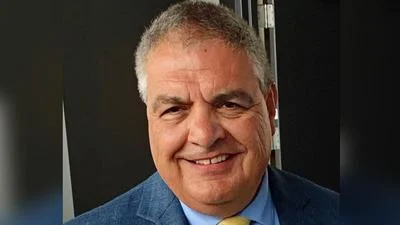Walter “Ted” Carter Jr. President at Ohio State University | Official website
Walter “Ted” Carter Jr. President at Ohio State University | Official website
Ohio State University is expanding its athletic training beyond traditional athletics, applying its expertise to the university's ROTC program and the Franklin County Sheriff's Office. This initiative comes as part of a broader effort to serve more individuals who engage in physically demanding activities similar to sport.
Sam Wagner, an athletic trainer at Ohio State with previous experience at Oklahoma State University and the University of Iowa, is playing a pivotal role in these expansions. Initially joining to work with the Performing Arts Medicine program, Wagner was drawn into the ROTC after graduation due to similar needs among cadets and midshipmen.
Wagner highlights the necessity for education in injury prevention for these groups, noting the comparable physical demands they face to those of student-athletes, but without equivalent resources. "Education really is an important factor there," Wagner said, emphasizing the beneficial impact of teaching these students prevention techniques.
Yasmine Moukadam, a third-year midshipman in Navy ROTC, shared her newfound understanding, thanks to the athletic trainers: "Did you know that you have to change your running shoes every six months or 500 miles or it can start to cause problems in your bones and joints if you don’t?" she remarked.
Wagner underscores the long-term perspective needed when dealing with potential injuries among ROTC students. She uses concussions as an example of injuries that may not show immediate impact but could affect one’s future in and outside the military.
The initiative at ROTC has led Wagner to collaborate with athletic trainers at other universities such as Auburn University, Texas A&M University, and the University of South Carolina, to learn and integrate best practices.
Integrating athletic training into ROTC has led to positive outcomes, according to Kevin P. Cullen, assistant vice provost and director of military and veteran services. "Our athletic training program prevents injuries, speeds up recovery and enhances performance in difficult military activities," Cullen stated.
A similar partnership with the Franklin County Sheriff's Office began in February 2024. This program aims to reduce medical costs and involves injury evaluation, rehabilitation, and treatments for employees. The variety in staff demographics and gear impacts distinct injury patterns, such as chronic upper extremity injuries due to wearing vests.
Despite having considered joining the Air Force during high school, Wagner now contributes by aiding ROTC students and tactical personnel through her work in athletic training.






 Alerts Sign-up
Alerts Sign-up